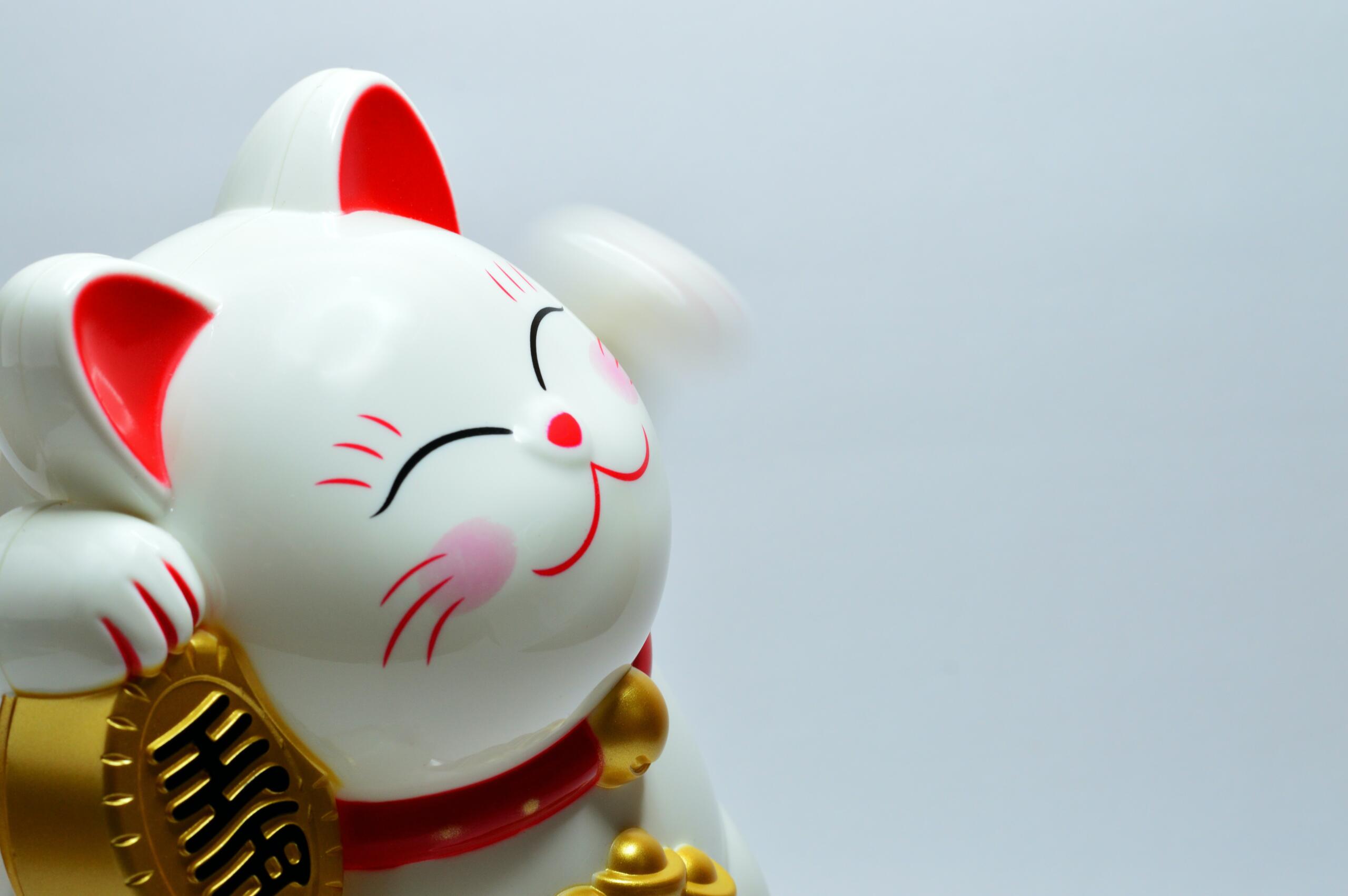
It isn’t surprising to see the internet has become the main platform for many companies considering its high accessibility. Once it happened, SEO turned into an undeniably important part of digital business success. SEO transformed into a digital version of Maneki-Neko, a Japanese figurine which brings good luck and profit to its owner.
So, if you’re interested in reaping some online business benefits, you’ll find our guide on SEO-friendly web design invaluable.
How To Improve Your Business Website SEO
There are a few crucial tactics you can use to achieve worthwhile SEO results:
Make sure your web pages are fully indexable
Unfortunately, your excellent SEO work won’t be recognised if Google can’t fully index your web pages. However, it’s easy to avoid by following a few rules.
First, ensure there are only correct metatags in your Robots.txt. The ‘noindex’ tag is great when your web pages are under reconstruction. However, it’s important to remove it when the work is done and your web design is ready for viewing.
Second, search engines are seemingly fond of alt text as it struggles at identifying images. Don’t let them get stuck or worse – get confused over what your image is and what purpose you’ve used it with. Describe your image if it has any important message or reference to the topic of your page. And don’t forget the keywords.
In general, when it comes to indexing web pages, search engines prefer simple web designs where everything is visible and easy to crawl. The best practice is to plan out your website structure in advance so you can avoid orphan pages and a general content mishmash.
Go simple but unique
To have an amazing website and give the best user experience you don’t need a lot of web pages. Quantity doesn’t mean quality and very often more pages mean more potential issues. So, the best advice here is to concentrate on the quality of your content and its uniqueness. The success of your web design isn’t based on reinventing the wheel. If it’s possible – make your website experience special. If not, don’t let your content become thin, outdated and duplicated. Neither users nor search engines will rate it highly. Moreover, if you have a lot of duplicated content, Google can remove your whole website from its index which is certainly worse. Sometimes canonical tags are necessary.
Don’t forget about human users
Optimising for search engines is undoubtedly important. However, you shouldn’t forget about creating great content for human users visiting your website. You’ll get not only followers and mentions of your website on other platforms but also increased search engine evaluation of your pages based on excellent user experience. So, search engines will rank your website higher and recommend it to new search requests.
Make your web design mobile-friendly
More and more web traffic comes to your website through mobile phones. Therefore, we recommend that you have your website mobile-friendly as it’s important to follow user behaviour trends. Even with a responsive site, mobile page speed, load time, images and other dynamic elements play a significant role in the mobile user experience.
Use your keywords
Using keywords in your text is all about the right balance. You shouldn’t keyword-stuff as loading your pages with too many keywords puts search engines off: they get confused about what the topic of your content is or worse – suspect that you are trying to cheat on them. And, believe us, they are far from liking it.
Overall, it’s not too difficult to turn your web design into an SEO-backed breadwinner. All you need to do is to follow this guide or ask the SEO professionals for help.


